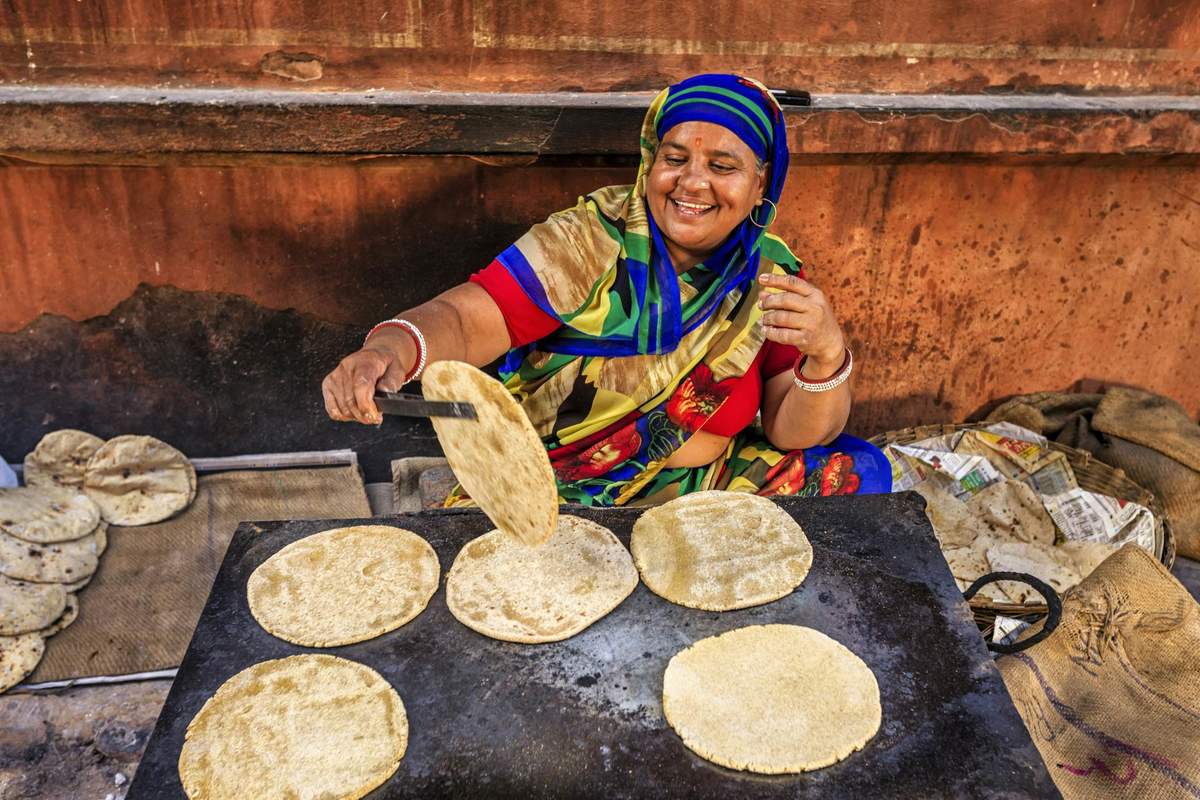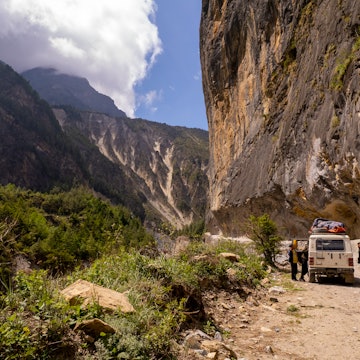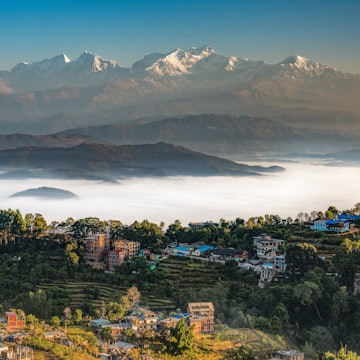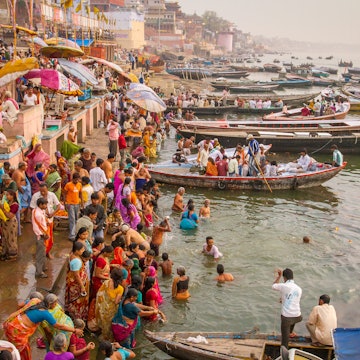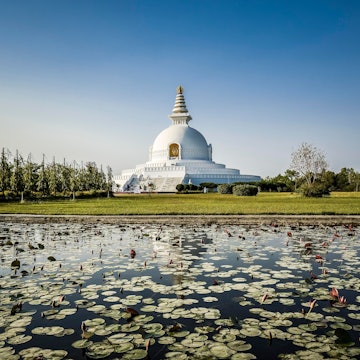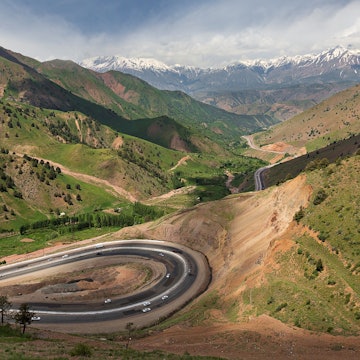
I’m a woman who loves traveling solo. What should I know about India?

Oct 20, 2023 • 4 min read

Less-visited corners of India – such as the south or the northeast – offer a way for solo female travelers to ease into their journeys © Sudip Bhar / Shutterstock
In this series, Lonely Planet’s team of writers and editors answers your travel problems and provides tips and hacks to help you plan a hassle-free trip. We asked Mumbai-based LP editor Akanksha Singh – a self-confessed control freak who finds traveling solo the ultimate in freedom – to field this question.
Question: I am 27 years old and have traveled solo on my own in Europe and North America. Next year, I am planning a month-long trip to India, and am wondering if you have any tips for a female solo traveler?
Akanksha Singh: A cheesy quote graffitied on a wall outside a stoner cafe in Rishikesh some has stayed with me over the years: “You don’t visit India. India visits you.” In other words, India is an experience that aches as much as it thrills. And if you haven’t traveled much outside the Global North, I’d say this is doubly true.
Yet from the velvet beaches of Andman and Nicobar to the snow-capped peaks of the Himalayas, it’s one of the few places where you can travel at your own pace, at any budget. You can hole yourself away in a lakefront cabin in verdant Maharastra, trek the unspoiled Markha Valley or immerse yourself in mythology in Hampi.
While it’s hard to condense all the safety dos and don’ts for a country this big and diverse, here are a few tips to get you started.
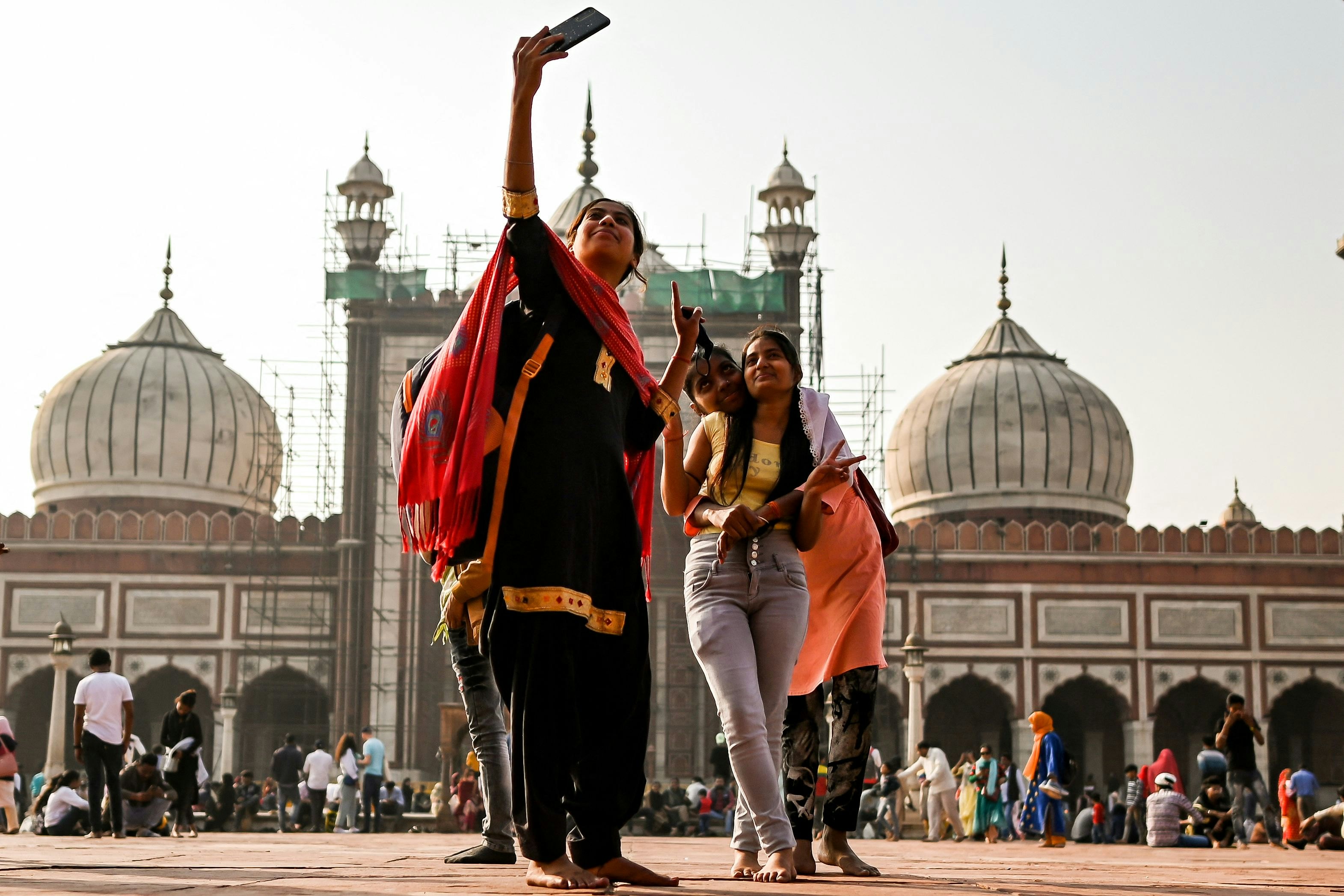
Sort out your communications right when you arrive
The best safety measure for solo travelers? A local prepaid SIM card. This will help you make train bookings and use transport apps like Ola and Uber (which sometimes offer rides between cities, too), among countless other tasks. Owing to security concerns, there’s very little free public wi-fi in India. Data plans in India are, however, largely affordable (as low as $2 for 1GB a day), which means you can stay connected throughout your trip without denting your budget.
You can pick up a local SIM card as soon as you arrive in India, even at the airport. To do so, you’ll need to carry an unlocked phone, photocopies of your passport and some passport-sized photos. Despite the country’s efforts to “go digital,” getting a SIM is still a paper-heavy process – so prepare to be patient.
Take note of emergency numbers should you need them: 100 (for the police) and 181 (a dedicated women’s helpline).
Budget well – some upgrades are worth it
The sad reality of traveling in India is that you’re likely to be safer if you pay top rupee for certain essentials, such as accommodation and transport. If you’re traveling long distances by train, consider splurging out on an air-con first class (1AC) ticket, which comes with seats that convert into beds and compartments with lockable doors.
Before you get into a taxi or auto rickshaw, ensure the driver will charge you by the meter, and don’t let them pick up strangers to carpool on your ride – if they do, get off. And your mother was right: never accept rides from strangers.

Dress modestly
Dress codes vary by Indian destination. While it’s best to take your cue from locals, as a general rule of thumb, if you’re somewhere hotter, opt for loose-fitting linen and cotton t-shirts and trousers. Also carry a scarf or sarong to cover up further if needed at holy sites, and note that few Indians wear swimwear to beaches (you’ll even see some women swimming in saris).
Consider easing into the more touristy spaces
For your first taste of urban India, start in Mumbai. As a Mumbaikar, I’m biased, it’s true – but I’ve got data to back this up. Mumbai is the second-most-honest city in the world (after Helsinki), safer for women than other Indian cities and a great place to get your overall bearings.
If you’re an especially nervous or inexperienced traveler, consider traveling India’s south and northeast first. I’m by no means suggesting you restrict yourself geographically; if we women did this, we’d never leave the safety and comfort of our homes. However, parts of northern India – particularly more-visited places like Agra, Jaipur and Delhi – are harder to navigate as a solo traveler.
If you have second thoughts, there are always women’s travel groups you can look into joining for part of your time here. I’ve never used one, but friends who have recommend them, and have even formed lifelong friendships through them.

Seek out women-only spaces wherever they’re available
In an effort to equalize against a largely conservative, patriarchal society, women are offered a few “perks” in India. Wherever these are available, use them: the ladies’ compartments in trains; “family” spaces in restaurants; women-only queues at ticket counters, post offices, etc.
Trust your instincts
It’s a cliché because it’s true: there’s no substitute for going with your gut. This is a country of over a billion people, so everything is scaled up – from scams to incidents of sexual harassment.
For the most part a firm, loud “no” can rebuff unwanted male attention. That said, it’s best to avoid revealing you’re traveling alone. In fact, if you want to, you’re welcome to steal one of my many fake male friends and boyfriends I’m on my way to meet and who I always happen to be on the phone to whenever I’m on assignment somewhere new: Ravi, Rohan (he’s trained in jiu-jitsu), Raj, Rishi, Rishabh...





